
Drugs and Public Safety
Exploring the Impact of Policy, Policing, and Prosecutorial Reforms
Arizona State University, Phoenix, AZ
March 15-16, 2023
The Drug Enforcement and Policy Center at the Moritz College of Law at The Ohio State University and the Academy for Justice at the Sandra Day O’Connor College of Law at Arizona State University organized a symposium titled “Drugs and Public Safety: Exploring the Impact of Policy, Policing, and Prosecutorial Reforms” to examine the public safety impact of marijuana and other modern drug policy reforms. The conference was committed to exploring, from a variety of perspectives and with the help of a variety of voices, how to better understand and assess the relationship between drug reforms (broadly defined, including clemency policy and criminal justice reform) and public safety (broadly defined, with an emphasis on violent and serious crime).
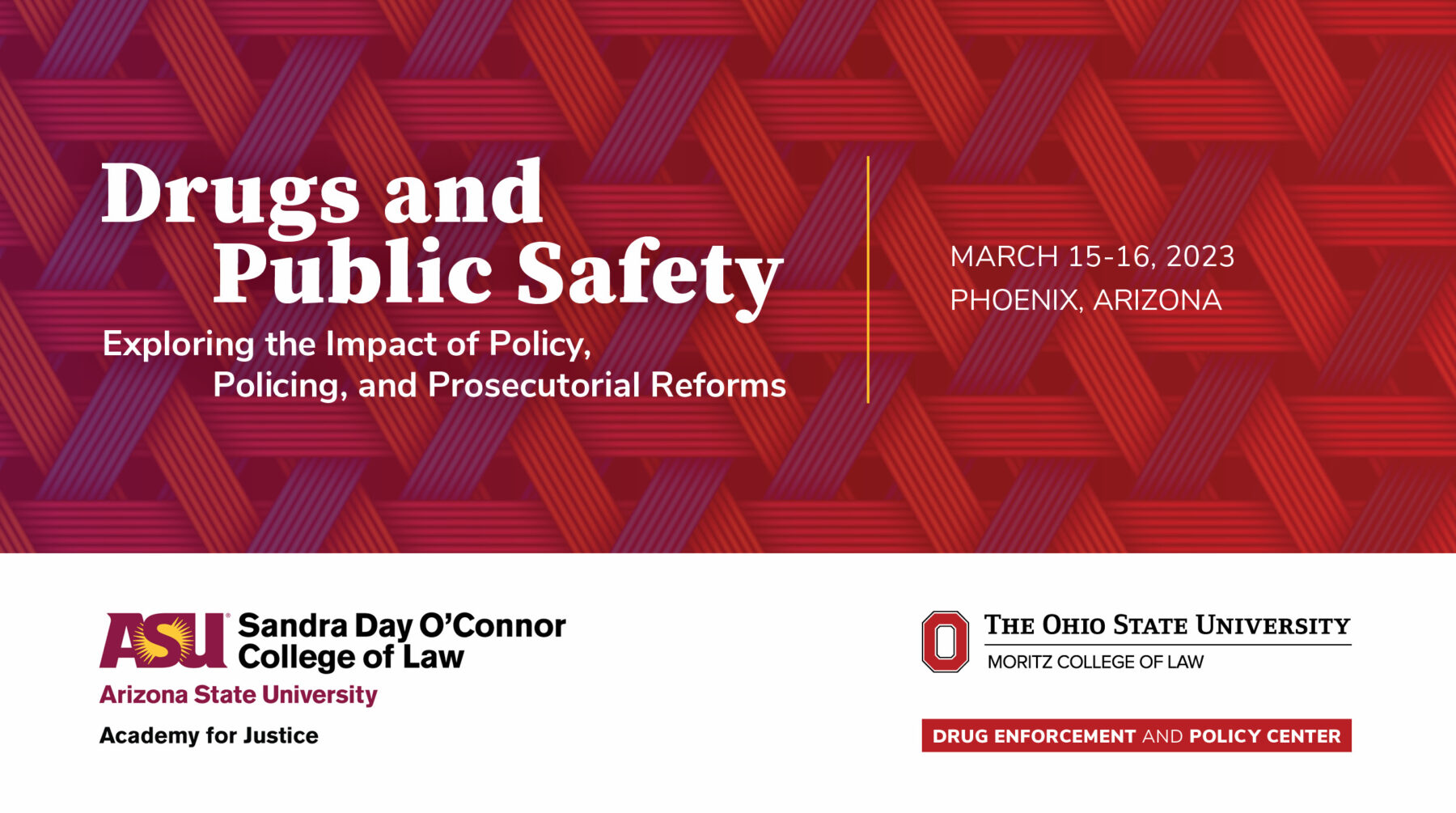
Background
In 1996, California kicked off a new state-driven law reform era through a ballot initiative legalizing medical marijuana. In subsequent decades, as dozens of states legalized marijuana use, various advocates, public officials, and researchers warned about the possibility of dire public safety consequences. More drug crimes, more general criminality, more drugged driving, and all sorts of other public safety harms were often mentioned as the possible short- or long-term consequence of significant state-level marijuana reforms.
As of summer 2022, there are 37 states with robust medical marijuana regimes and 19 with full adult-use marijuana programs. The continued support for state-level marijuana reforms seems to reflect, at least in part, the fact that so far, researchers have not documented direct connections between marijuana reforms and adverse public safety outcomes. Though crime is a growing public concern given the rise in violent crimes in recent years, few advocates or researchers have documented clear connections or correlations between jurisdictions that have reformed their marijuana laws and increases in crimes.
As marijuana reforms have spread, so too has discussion of broader drug reforms such as decriminalization or legalization at both state and local level, as well as relief from drug-war excesses through clemency and expungement. But given the increasing concern about violent crime, many advocates and lawmakers are wondering whether past and possible future drug policy reforms may be advancing or undermining the broad interest in creating safe and stable communities. As the country moves away from marijuana prohibition, a fully informed discussion of drugs, violence, and public safety is needed now more than ever.
Agenda
Wednesday, March 15, 2023
12:30 – 1:45 p.m.
Paper workshop 1
Location: Room 250
Moderator: Douglas Berman, Newton D. Baker-Baker & Hostetler Chair in Law; Executive Director of the Drug Enforcement and Policy Center, Moritz College of Law at The Ohio State University
Authors:
- Nicholas Goldrosen, Doctoral student, Institute of Criminology, University of Cambridge
- Victoria Litman, Victoria Litman Law LLC, adjunct professor, Roger Williams University School of Law
- Michael Vitiello, Distinguished Professor of Law, University of the Pacific
Reviewers:
- Carissa Byrne Hessick, Anne Shea Ransdell and William Garland “Buck” Ransdell, Jr. Distinguished Professor of Law and Director of the Prosecutors and Politics Project
- Alex Kreit, Director, Center on Addiction Law & Policy, Assistant Professor of Law, Northern Kentucky University
1:45 – 3:00 p.m.
Paper workshop 2
Location: Room 250
Moderator: Erik Luna, Amelia D. Lewis Professor of Constitutional and Criminal Law, Sandra Day O’Connor College of Law at Arizona State University
Authors:
- Nathan Link, Assistant Professor of Criminal Justice, Rutgers University
- Anne Boustead, Assistant Professor, School of Government and Public Policy, University of Arizona
- Pamela Metzger, Professor of Law and Director of Deason Criminal Justice Reform Center, SMU Dedman School of Law
Reviewers:
- Ben McJunkin, Associate Professor of Law and Associate Deputy Director of the Academy for Justice, Sandra Day O’Connor College of Law. Arizona State University
- Shawn Bushway, Senior policy researcher, RAND Corporation
3:15 – 4:30 p.m.
Paper workshop 3
Location: Room 655
Moderator: Valena Beety, Professor of Law and Deputy Director of the Academy of Justice, Sandra Day O’Connor College of Law Arizona State University
Authors:
- Sean Hill, Assistant Professor, Moritz College of Law at The Ohio State University
- Alex Kreit, Director, Center on Addiction Law & Policy, Assistant Professor of Law, Northern Kentucky University
- Scott M. Sullivan, Harvey A. Peltier Professorship, J. Dawson Gasquet Endowed Professorship, LSU Law Center
Reviewers:
- Jamelia Morgan, Professor of the School of Law and Medical Social Sciences, Northwestern University
- Jonathan Wroblewski, Director of the Office of Policy and Legislation in the Criminal Division, U.S. Department of Justice
5:30 – 6:00 p.m.
Welcome reception
Room 544 and the outside patio
6:00 – 7:00 p.m.
Conference introduction
Room 544
Thursday, March 16, 2023
8:00 – 8:30 a.m.
Light breakfast and registration
Location: Great Hall
8:30 – 9:45 a.m.
Panel 1 – Sentencing and Public Safety
Location: Great Hall
Moderator: Douglas Berman, Newton D. Baker-Baker & Hostetler Chair in Law; Executive Director of the Drug Enforcement and Policy Center, Moritz College of Law at The Ohio State University
- Gracie Johnson, Policy Director, Last Prisoner Project
- Shawn Bushway, Senior Policy Researcher, RAND Corporation
- Jonathan Wroblewski, Director of the Office of Policy and Legislation in the Criminal Division, U.S. Department of Justice
1 hour CLE (Arizona and California only)
9:45 – 11:00 a.m.
Panel 2 – Prosecutors and Public Safety
Location: Great Hall
Moderator: Carissa Hessick, Anne Shea Ransdell and William Garland “Buck” Ransdell, Jr. Distinguished Professor of Law, Director of the Prosecutors and Politics Project, University of North Carolina School of Law
- John Creuzot, District Attorney, Dallas County, TX
- Kent Volkmer, District Attorney, Pinal County, AZ
- Will Thompson, Criminal District Attorney, Navarro County, TX
- Amy Ullrick, Program Specialist, Prosecutors and Politics Project, University of North Carolina School of Law
1 hour CLE (Arizona and California only)
11:00 – 11:15 a.m.
Break
11:15 – 12:45 p.m.
Panel 3 – Abolitionists Approach to Public Safety
Location: Great Hall
Moderator: Sean Hill, Assistant Professor, Moritz College of Law, The Ohio State University
- Aliza Cohen, Research Coordinator, Drug Policy Alliance
- Jamelia Morgan, Professor of the School of Law and Medical Social Sciences, Northwestern University
- Alex Vitale, Professor of Sociology, School of Humanities and Social Sciences, Brooklyn College
- Ieshaah Murphy, Assistant Professor of Law and Director of the Criminal Law Clinic, University of District of Columbia Law School
1 hour CLE (Arizona and California only)
12:45 – 1:15 p.m.
Break and lunch
1:15 – 2:30 p.m.
Panel 4 – Criminal Justice at the Twilight of Prohibition
Location: Great Hall
Moderator: Douglas Berman, Newton D. Baker-Baker & Hostetler Chair in Law; Executive Director of the Drug Enforcement and Policy Center, Moritz College of Law at The Ohio State University
- Weldon Angelos, The Weldon Project
- Erik Luna, Amelia D. Lewis Professor of Constitutional and Criminal Law, Sandra Day O’Connor College of Law at Arizona State University
- Luke Scarmazzo
2:30 – 4:00 p.m.
Panel 5 – New Deflection and Diversion Initiatives and Post-Conviction Re-Entry Courts
Location: Great Hall
Moderator: Valena Beety, Professor of Law and Deputy Director of the Academy of Justice Sandra Day O’Connor College of Law Arizona State University
- Morgan Godvin, Post Graduate Fellow, The Action Lab at the Center for Health Policy and Law, Northeastern University
- Taleed El-Sabawi, Assistant Professor of Law, Florida International University
- Daniel Atzmon, STEP Program Director, United Way of Central Maryland
- Raul Ayala, Federal Public Defender, Chair of ABA Diversion Standards Committee
1 hour CLE (Arizona and California only)
CLE Materials
Panel 1 – Sentencing and Public Safety
- Federal Sentencing Reporter, Vol. 31, No. 3, February 2019
- Oklahoma Marijuana Ballot Initiative Shows Importance Of Criminal Justice Reform In Legalization Efforts (Op-Ed)
Panel 2 – Prosecutors and Public Safety
Panel 3 – Abolitionists Approach to Public Safety
Panel 5 – New Deflection and Diversion Initiatives and Post-Conviction Re-Entry Courts
Event Speakers

Weldon Angelos
Weldon Angelos is a music producer who has worked with legends like Snoop Dogg, Tupac Shakur’s recording group, and Tory Lanez. In 2004, Weldon became the national face of criminal justice reform after he was sentenced to a mandatory 55-year prison term for selling a $900 worth of cannabis as a first-time offender. His cause was championed by Senators Cory Booker (D-NJ) & Mike Lee (R-UT), celebrities, leading news organizations like the Washington Post, and even the Koch brothers, which led to an early release in 2016 after serving 13 years of his 55-year sentence.
Since his release, Weldon has become a leading activist working with a bipartisan coalition of celebrities, lawmakers, and business leaders to make our criminal justice system fair for everyone.
Weldon is also a public speaker, author, and is currently co-producing a feature documentary about his story and the criminal justice system.
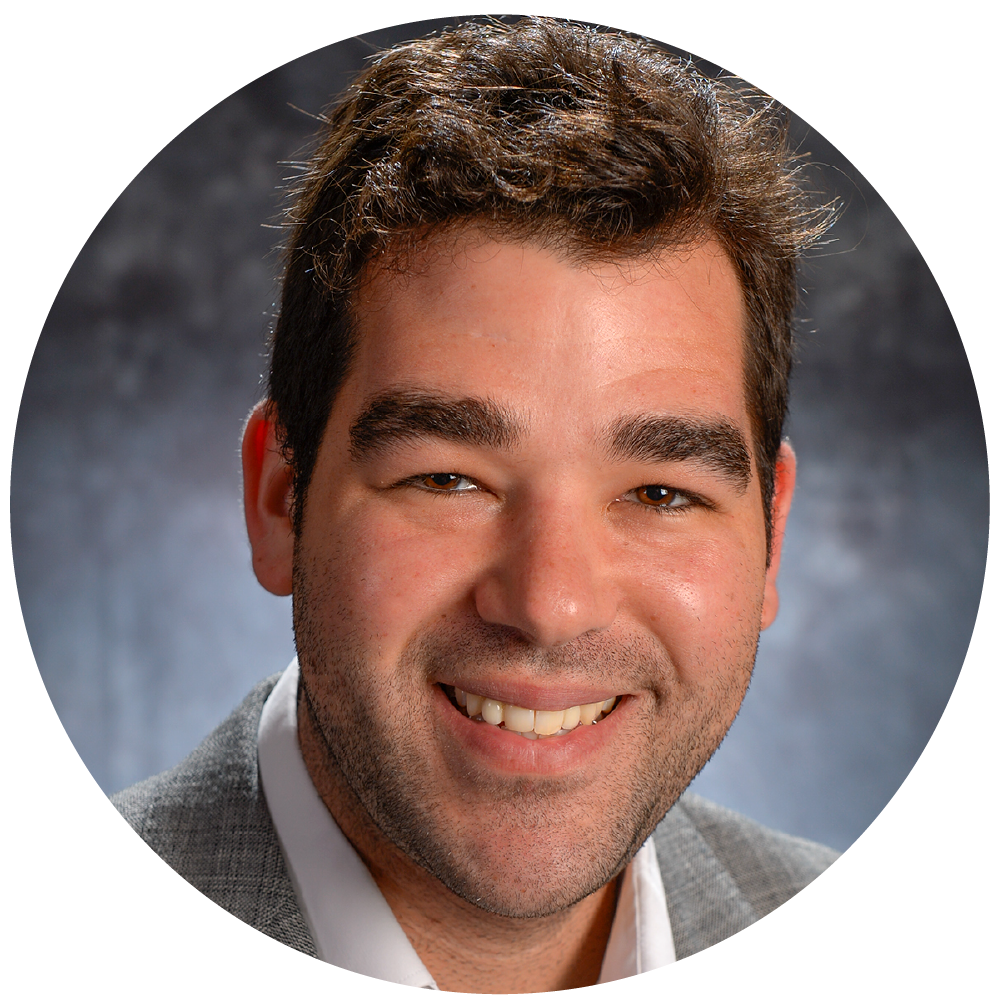
Daniel Atzmon
Director of the Housing team, United Way of Central Maryland
Daniel Atzmon is a Director of the Housing team at the United Way of Central Maryland. Prior to joining the United Way, he served as Director of Justice Reinvestment at the Maryland Governor’s Office of Crime Prevention, Youth, and Victim Services. He previously served as the Law Enforcement Diversion Coordinator for the State of Maryald. Prior to joining the state government, Daniel worked for Behavioral Health System Baltimore and the Mayor’s Office on Criminal Justice. Daniel grew up in South Florida and attended Wesleyan University in Connecticut. He lives in Baltimore’s Patterson Park neighborhood with his wife Gabby and children Pearl and Eli. When not working, Daniel enjoys dad jokes, hot takes, working on his jump shot, and all-you-can-eat buffets.
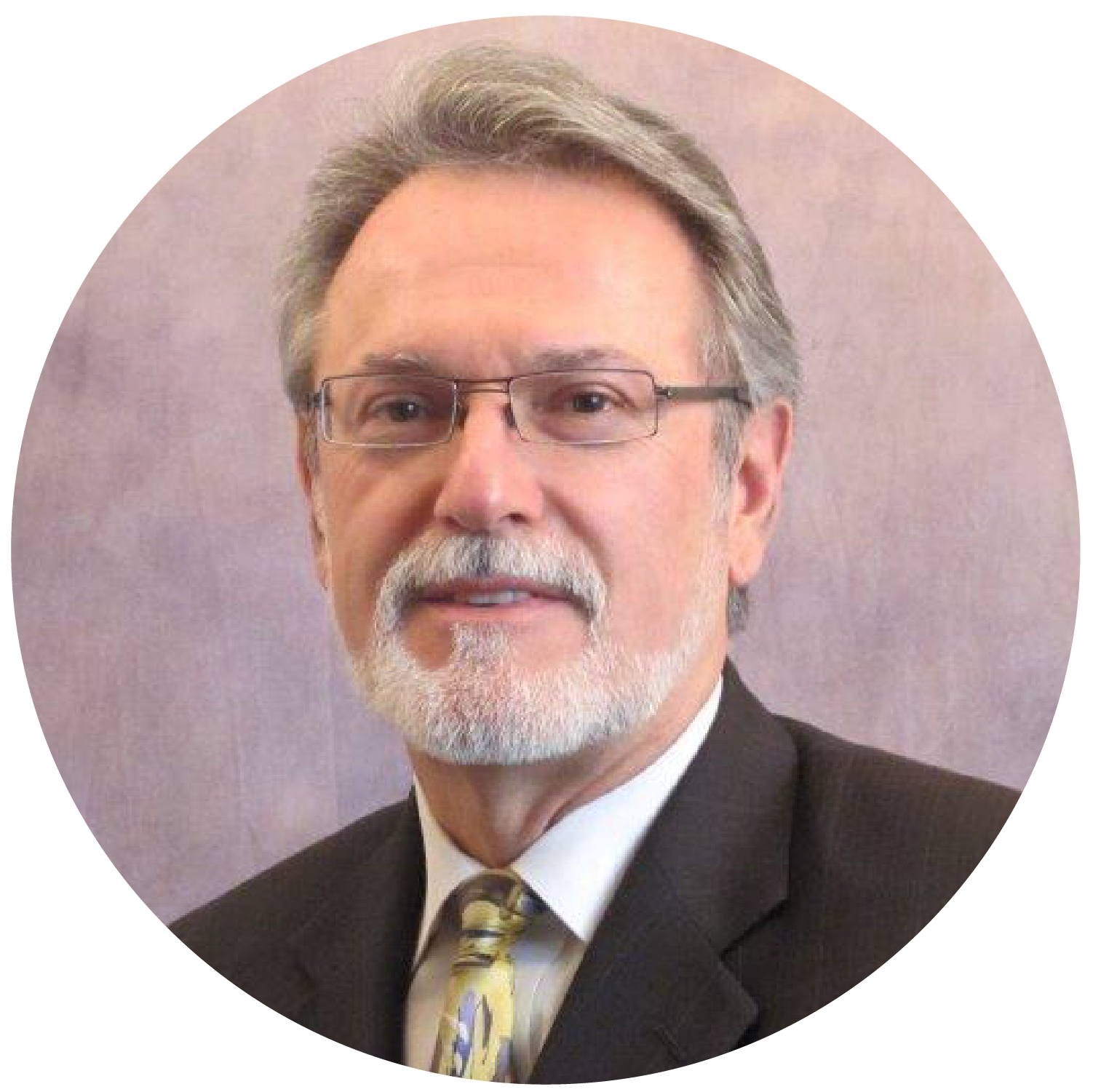
Raul Ayala
Raul Ayala is the Collaborative Courts Supervising Attorney for the Federal Public Defender’s Office in the Central District of California. As such, he has been assigned as the lead Deputy Federal Public Defender for each of the Conviction and Sentence Alternatives (CASA) Program courts — two in Los Angeles and one each in Santa Ana and Riverside. In addition, he is a team member of the Substance Abuse Treatment and Reentry (STAR) Program, the district’s post-conviction reentry drug court. Raul has been part of the CASA and STAR programs since 2011, and also serves as the office supervisor for its developing Social Support Unit.
After working several years at a private non-profit community law firm that he and several other law school classmates established in the San Joaquin Valley upon graduating from UC Hastings College of the Law in San Francisco, he became a trial deputy for the Federal Public Defenders Office from 1984 through 1988. During that time, he tried dozens of cases in district court and argued several matters before the Ninth Circuit Court of Appeals. In the following twenty years of private practice as a criminal defense lawyer, he tried many more cases in both federal and state courts, and remained active in various bar associations and public interest scholarship foundations. He returned as a federal defender for a second “tour of duty” in 2008, is a regular trainer for the national Defender Services Office of the Administrative Office of the United States Courts in Washington, D.C., and is currently working on public comments addressing the United States Sentencing Commission’s interest in federal alternatives to incarceration programs.
Raul recently served as Chair of the ABA Criminal Justice Section’s Standards on Diversion Task Force, which were adopted by the ABA House of Delegates at the 2022 Annual Meeting. He serves as Chair of the section’s Alternatives to Incarceration and Diversion Committee, as Co-Executive Director of the Corrections and Sentencing Division, and has recently joined the Section’s Council.

Valena Beety
Professor of Law, Sandra Day O’Connor College of Law at Arizona State University, Deputy Director of the Academy for Justice
Professor Valena Elizabeth Beety is professor of law at Arizona State University Sandra Day O’Connor College of Law and the deputy director of the Academy for Justice, a criminal justice center connecting research with policy reform. Previously, Beety served as a law professor and the founding director of the West Virginia Innocence Project at the West Virginia University College of Law. Her experiences as a federal prosecutor in Washington, D.C., and as an innocence litigator in Mississippi and West Virginia, shape her research and writing on wrongful convictions, forensic evidence, the opioid crisis and incarceration. She is the co-editor of the Wrongful Convictions Reader and the Scientific Evidence Treatise, and author of the book Manifesting Justice: Wrongly Convicted Women Reclaim Their Rights (Kensington Books 2022).
Professor Beety has successfully exonerated wrongfully convicted clients, obtained presidential grants of clemency for drug offenses, and served as an elected board member of the national Innocence Network, an invited board member of the Research Center on Violence, and an appointed commissioner on the West Virginia Governor’s Indigent Defense Commission. She received the WVU College of Law Faculty Scholarship Award in 2016 and her scholarship is published widely, most notably in the Northwestern Law Review, the North Carolina Law Review, the Ohio State Law Journal, the Washington Law Review, the Florida Law Review and the online companions to the NYU Law Review, the University of Chicago Law Review and the Emory Law Journal. Before serving as an Assistant U.S. Attorney for the District of Columbia, Beety clerked for the Honorable Judge Martha Craig Daughtrey of the U.S. Court of Appeals for the Sixth Circuit, and for the Honorable Chief Judge James G. Carr of the Northern District of Ohio. Beety holds a B.A. and J.D. from the University of Chicago.
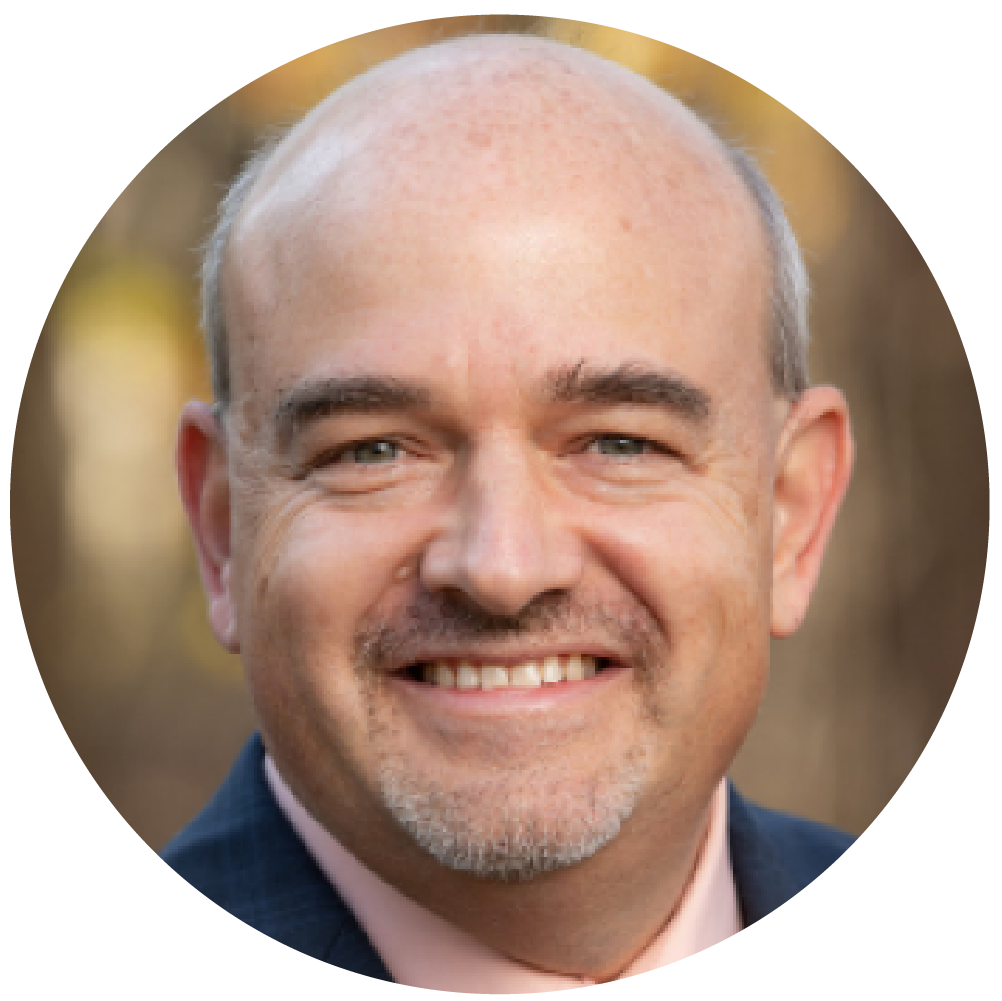
Douglas Berman
Newton D. Baker-Baker & Hostetler Chair in Law and Executive Director of the Drug Enforcement and Policy Center, Moritz College of Law
Professor Douglas A. Berman is Newton D. Baker-Baker & Hostetler Chair in Law and Executive Director of the Drug Enforcement and Policy Center, housed in the Moritz College of Law. Berman’s principal teaching and research focus is in the area of criminal law and criminal sentencing, though he also has teaching and practice experience in the fields of legislation and intellectual property.
Professor Berman attended Princeton University and Harvard Law School. In law school, he was an editor and developments office chair of the Harvard Law Review and also served as a teaching assistant for a Harvard University philosophy course. After graduation from law school in 1993, Professor Berman served as a law clerk for Judge Jon O. Newman and then for Judge Guido Calabresi, both on the United States Court of Appeals for the Second Circuit. After clerking, Professor Berman was a litigation associate at the law firm of Paul, Weiss, Rifkind, Wharton, and Garrison in New York City.
Professor Berman is the co-author of two casebooks. Sentencing Law and Policy: Cases, Statutes and Guidelines, published by Aspen Publishers, is now in its fifth edition. Marijuana Law and Policy was released by Carolina Academic Press in 2020. In addition to authoring numerous publications on topics ranging from capital punishment to the federal sentencing guidelines, Professor Berman has served as an editor of the Federal Sentencing Reporter for more than twenty five years, and also serves as co-managing editor of the Ohio State Journal of Criminal Law. Additionally, Professor Berman is the sole creator and author of the widely-read and widely-cited blog, Sentencing Law and Policy. Professor Berman’s work on the Sentencing Law and Policy blog, which he describes as a form of “scholarship in action,” has been profiled or discussed at length in articles appearing in the Wall Street Journal, Legal Affairs magazine, Lawyers Weekly USA, Legal Times, Columbus Monthly, and in numerous other print and online publications.
Professor Berman is a member of the Council on Criminal Justice and frequently is consulted by national and state policymakers, sentencing commissioners, and public policy groups concerning sentencing law and policy reforms. He has testified before the U.S. House of Representatives and before numerous sentencing commissions. He also is frequently contacted by national and local media concerning sentencing and marijuana reform developments.
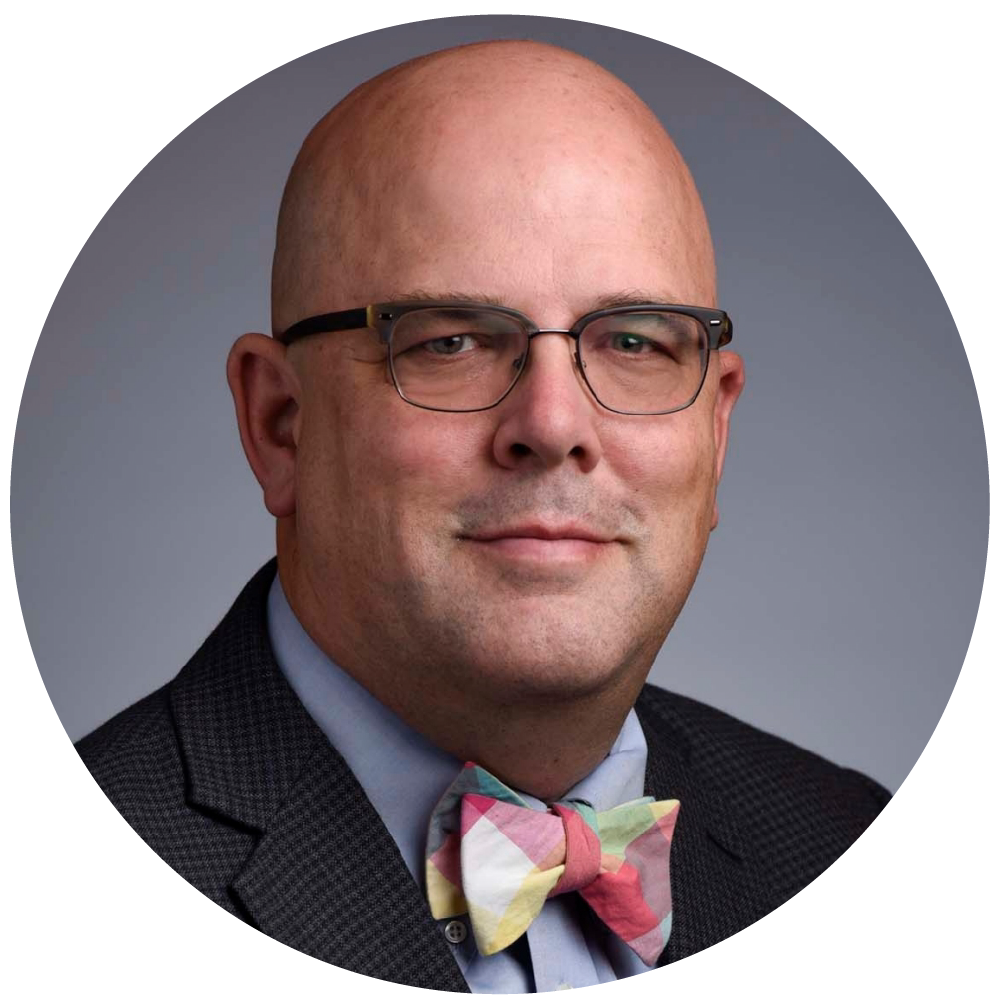
Shawn D. Bushway
Senior Policy Researcher, RAND Corporation
Shawn D. Bushway is a senior policy researcher at the RAND Corporation. He is on leave from the University at Albany (SUNY), where he received the Chancellor’s Award for Excellence in Scholarship. He has spent most of his career in the field of criminology, where he has been recognized as a Distinguished Scholar for the Division of Corrections and Sentencing, and a Fellow of the American Society of Criminology. He is also a member of the National Academy of Science’s Committee on Law and Justice. His work has been cited over 15,000 times and a network analysis of co-authors place him at the center of the field. He has done research on the causal relationship between work and crime, the use of discretion by actors in the criminal justice system, and the process of desistance. Occasionally, the areas intersect, such as his collection of studies on the appropriate role of criminal history records in employment decisions. On the basis of his research, Bushway has provided testimony to the U.S. Equal Employment Opportunity Commission and the Maryland Public Service Commission, and served as founding member of the New York State Permanent Commission on Sentencing Reform. He was one of the founders of what has become the NBER summer workshop on Economics of Crime, the largest annual conference in the growing subfield of economics and crime. He has a Ph.D. in public policy and economics from the Heinz College at Carnegie Mellon University, which recently recognized him as a Distinguished Alumnus.

Aliza Cohen
Research Coordinator at Drug Policy Alliance’s Department of Research and Academic Engagement
Aliza Cohen is the Research Coordinator at Drug Policy Alliance’s Department of Research and Academic Engagement. Drug Policy Alliance is the country’s leading organization working to end the war on drugs and build drug policies grounded in science, compassion, health, and human rights. The Department of Research and Academic Engagement works to bridge the divide between research and effective drug policies. In her role, Aliza provides research support to policy colleagues to ensure that DPA promotes the most evidence-based policies; she works with academics by providing media, advocacy, and research translation trainings; and she plans and hosts events and conferences that highlight the latest drug policy data and research and tackle emerging drug policy issues.
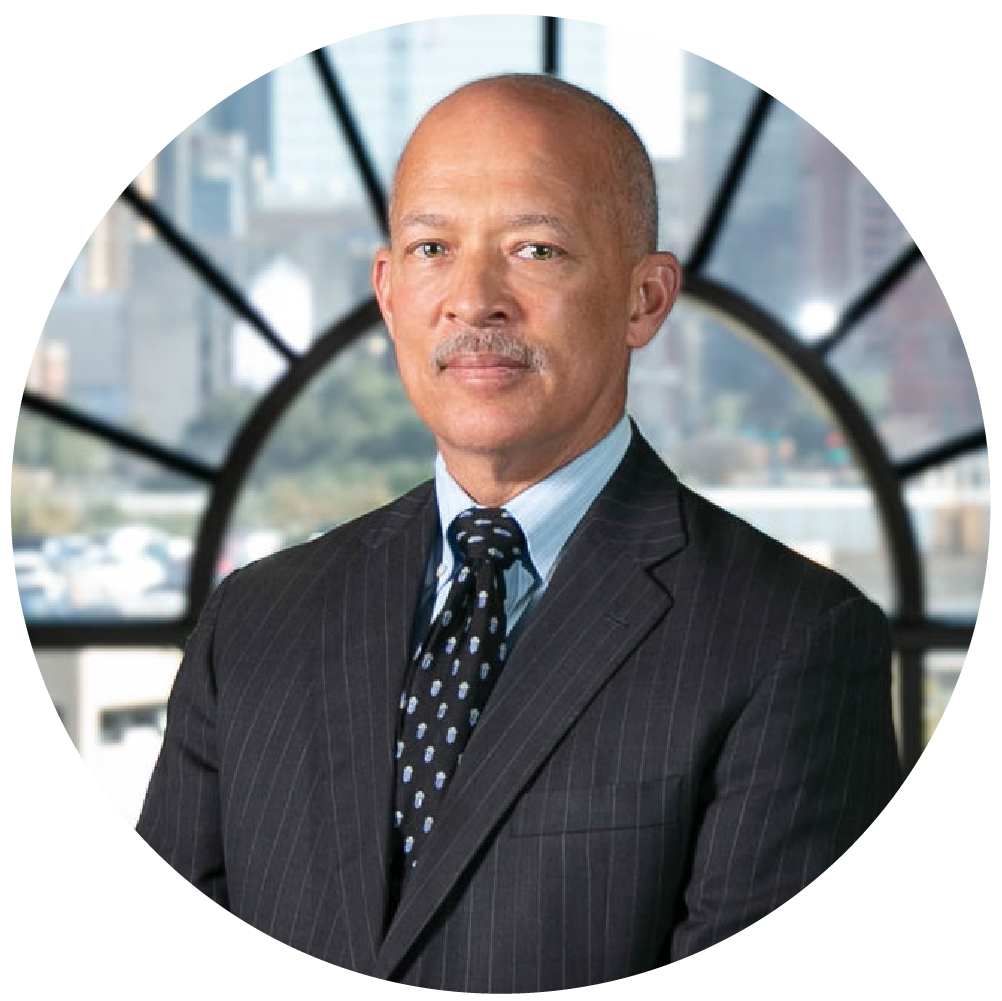
John Creuzot
District Attorney, Dallas County, TX
John Creuzot is a retired Judge and an award-winning lawyer with more than three decades of experience in the criminal justice system, including more than 21 years as a Felony District Court Judge. His background also includes seven years of service as a Dallas County Assistant District Attorney and Chief Felony Prosecutor as well as a criminal defense lawyer while in private practice.
In addition to his trusted service on both sides of the bench, Creuzot has earned a national reputation for his innovative work on drug courts, criminal justice reform and evidence-based sentencing. He regularly appears in the news and on television as an expert on these and other criminal justice topics. He has lectured and taught courses at the National Drug Court Institute, the National Judicial College, and the National Center for State Courts. He has also presented at several national training conferences for the National Association of Drug Court Professionals, and has taught drug court teams from across the country. Creuzot has lectured and directed seminars for the Texas Center for the Judiciary, the Texas Bar Association, and the National Association of Drug Court Professionals.
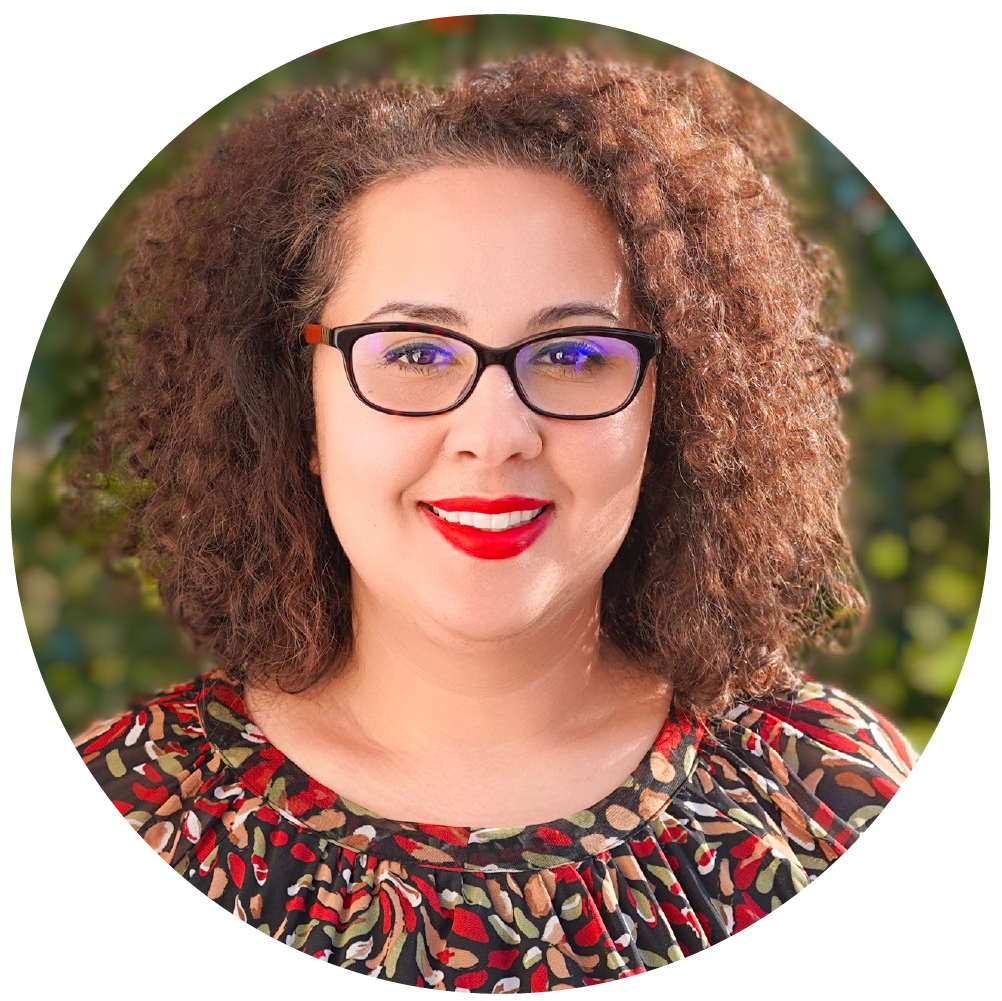
Taleed El-Sabawi
Dr. Taleed El-Sabawi is an interdisciplinary scholar, with a JD and a PhD in Public Health, Health Services Management and Policy with a doctoral cognate in Political Science. She specializes in the use of qualitative and quantitative methods to analyze texts, including congressional hearing testimony, regulations, legislation, news media, political speeches and interview transcripts.
Her area of expertise is in addiction and mental health policy, politics and law. Dr. El-Sabawi has studied and written extensively on narrative discourse surrounding opioid overdose deaths; federal administrative regulation of potentially habit-forming substances; and health insurance parity. Recently, Dr. El-Sabawi co-authored a model law that creates non-police behavioral health crisis response teams.
Dr. El-Sabawi is on the advisory circle of the North Carolina Urban Survivors Union, a chapter of the Urban Survivors Union, on the Board of Directors for Next Distro and frequently works alongside persons who use drugs advocating for policy reform.

Morgan Godvin
Morgan Godvin is an editor with JSTOR Daily, assigned to the American Prison Newspapers collection, a primary source digitization project containing over two centuries worth of newspapers produced by and for incarcerated people. She writes, researches, and acquires content related to crime, drugs, and incarceration in the United States. She weaves historical analysis into policy discourse, past and present.
In 2021, she graduated Summa Cum Laude with her Bachelors from the OHSU-PSU School of Public Health. She was a 2021-22 Bard Prison Initiative public health fellow. She serves on Oregon’s drug decriminalization Measure 110 Oversight and Accountability Council, the state’s Alcohol and Drug Policy Commission, and the Multnomah County Local Public Safety Coordinating Council. As an independent academic researcher, she has studied overdose and the US-Mexico border. She is formerly incarcerated.

Carissa Byrne Hessick
Anne Shea Ransdell and William Garland “Buck” Ransdell, Jr. Distinguished Professor of Law and Director of the Prosecutors and Politics Project
Carissa Byrne Hessick joined the Carolina Law faculty in 2016. She serves as the Anne Shea Ransdell and William Garland “Buck” Ransdell, Jr. Distinguished Professor of Law and as the director of the Prosecutors and Politics Project. Her teaching and research interests include criminal law, the structure of the criminal justice system, criminal sentencing, and child pornography crimes. Hessick is the author of multiple law review articles, essays, and op eds on plea bargaining, the powers and selection of prosecutors, Sixth Amendment sentencing rights, and criminal statutes. Her work has appeared in the California Law Review, the Cornell Law Review, the L.A. Times, the UCLA Law Review, and the Virginia Law Review, among others. She founded the Prosecutors and Politics Project in 2018. And she currently serves as the Reporter for the ABA Criminal Justice Section’s Sentencing Standards Task Force.
Hessick attended Yale Law School, where she was an editor of the Yale Law Journal and winner of the Potter Stewart Prize for the Morris Tyler Moot Court of Appeals. After graduating from law school, she clerked for Judge Barbara S. Jones on the Southern District of New York and for Judge A. Raymond Randolph on the D.C. Circuit. She also worked as a litigation associate at Wachtell, Lipton, Rosen & Katz in New York City. Before joining the faculty at Carolina Law, Hessick taught on the faculties at Arizona State University’s Sandra Day O’Connor College of Law and the University of Utah’s S.J. Quinney College of Law. She also spent two years as a Climenko Fellow at Harvard Law School.
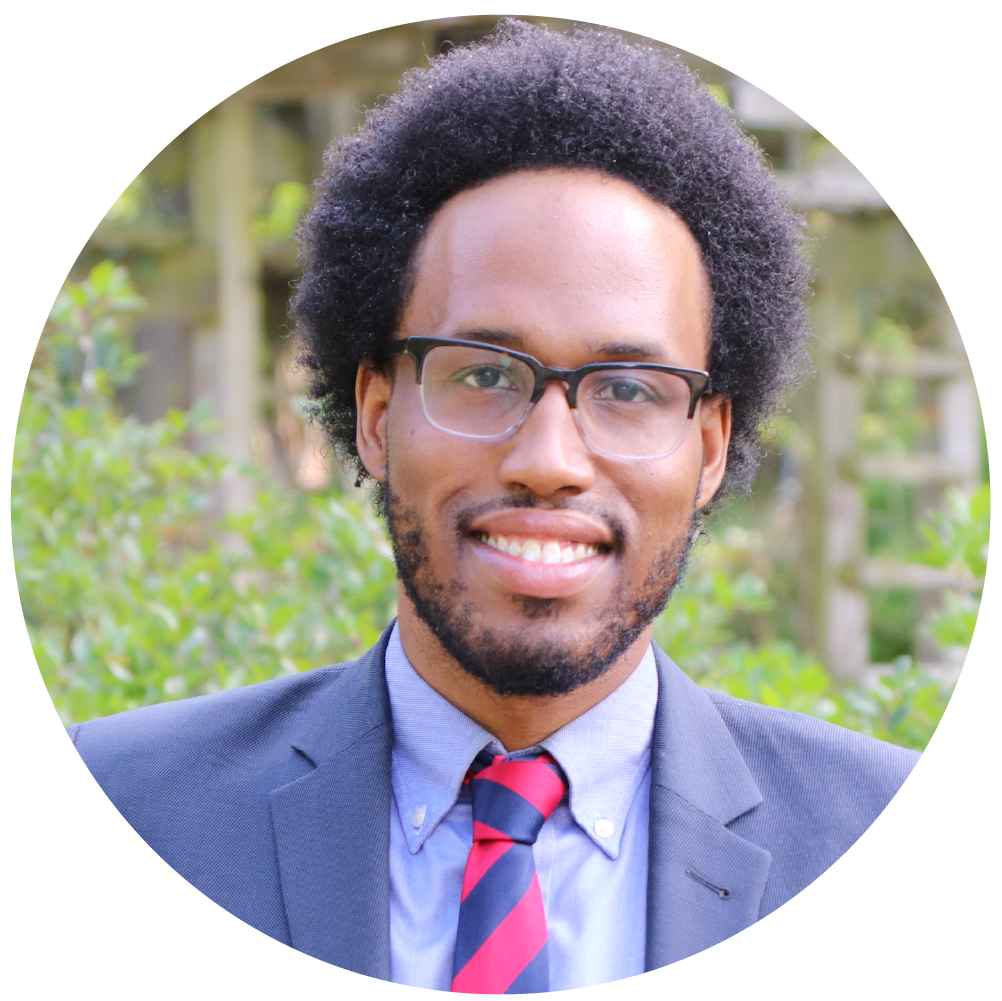
Sean Hill
Professor Hill’s teaching and research lie at the intersection of critical race theory and criminal justice policy. His forthcoming publication in the UCLA Law Review specifically examines bail reform and pretrial risk assessment instruments through a critical race lens. Prior to joining OSU Moritz College of Law, Professor Hill was a Law Research Fellow at Georgetown University Law Center, where he led a seminar on the racial implications of algorithmic risk assessment.
Hill previously served as a Robert F. Kennedy Human Rights Fellow with the Katal Center, driving a policy campaign to reform New York’s bail practices. He also practiced as a Senior Staff Attorney with the legal non-profit, Youth Represent, where he represented formerly-incarcerated youth in the criminal and civil matters interfering with their successful re-entry. Through a 2013 Equal Justice Works Fellowship, he started Youth Represent’s Family Stability Project, which expanded the law office’s legal practice to various Family Court matters.
Professor Hill served as a member of the Law4BlackLives Steering Committee from July 2015 to March 2017, and as the co-chair of the National Conference of Black Lawyers – New York Chapter from January 2016 to March 2018. He earned his undergraduate degree from Duke University, and his J.D. from Harvard Law School, where he was an active member of the Black Law Students Association and student government.

Gracie Johnson
Gracie leads the Last Prisoner Project’s policy team, which works to advance retroactive relief for individuals harmed by cannabis criminalization. LPP is a national nonprofit working at the intersection of cannabis and criminal justice reform. Gracie created and leads the LPP policy team, which provides nonpartisan, evidence-based technical assistance to jurisdictions working to roll back cannabis prohibition. She operates her team within the framework that implementing a commercial market for cannabis is only part of legalization: true legalization must undo the harms of prohibition–through state-initiated resentencing and record clearance initiatives. Their operational approach is that smart cannabis policy reforms build the critical momentum for broader justice reforms, which will ultimately shrink the harmful footprint of the legal system in this country.
Gracie is a legislative strategist and policy expert who has spent over a decade dedicated to reducing the criminalization and incarceration of marginalized communities. Her work is centered around driving bipartisan consensus and translating research into smart policy. She has worked in advocacy, research, correctional, and reentry settings in both the adult and youth legal systems. Gracie has served as a consultant helping leaders in dozens of states adopt and implement data-driven system reforms, including the popular Clean Slate laws that create automatic record clearance processes. She has worked on successful campaigns in numerous states, and been integrally involved in the passage of over 35 justice reform laws.

Erik Luna
Amelia D. Lewis Professor of Constitutional and Criminal Law, Sandra Day O’Connor College of Law at Arizona State University
Professor Luna teaches and writes primarily in the areas of criminal law and criminal procedure. Luna has received two Fulbright awards. In 2000, he served as the senior Fulbright Scholar to New Zealand at Victoria University Law School (Wellington, NZ). In 2016-17, he was the Fulbright Distinguished Chair at the University of Birmingham (Birmingham, UK). Luna has also been a visiting scholar with the Max Planck Institute for Foreign and International Criminal Law (Freiburg, DE), a visiting professor with the Cuban Society of Penal Sciences (Havana, CU), a visiting professional in the Office of the Prosecutor of the International Criminal Court (The Hague, NL), and a research fellow with the Alexander von Humboldt Foundation (Bonn, DE). Prior to coming to ASU, Luna was the Sydney & Frances Lewis Professor of Law at Washington and Lee University, and before that, he was the Hugh B. Brown Chair in Law at the University of Utah. Luna is a member of the American Law Institute and an adjunct scholar with the Cato Institute. He graduated summa cum laude from the University of Southern California and received his J.D. with honors from Stanford Law School. Upon graduation, Luna was a prosecutor in the San Diego District Attorney’s Office and a fellow and lecturer at the University of Chicago Law School.

Jamelia N. Morgan
Professor Jamelia Morgan is an award-winning and acclaimed scholar and teacher focusing on issues at the intersections of race, gender, disability, and criminal law and punishment. Her scholarship and teaching examine the development of disability as a legal category in American law, disability and policing, overcriminalization and the regulation of physical and social disorder, and the constitutional dimensions of the criminalization of status.
Prof. Morgan received a B.A. in Political Science and a Master of Arts in Sociology from Stanford University, and her J.D. from Yale Law School.
Prior to law school, she served as associate director of the African American Policy Forum, a social justice think tank that works to bridge the gap between scholarly research and public discourse related to affirmative action, structural racism, and gender inequality.

Ieshaah Murphy
Assistant Professor of Law and Director of the Criminal Law Clinic, University of the District of Columbia
Ieshaah Murphy is an Assistant Professor of Law and Director of the Criminal Law Clinic. Under Professor Murphy’s leadership, the Clinic combats mass incarceration and racial injustice in the criminal legal system through direct representation, community engagement, and strategic action. Professor Murphy’s teaching and scholarly interests focus on criminal law and procedure, racial disparities in the criminal legal system, and indigent defense reform.
Prior to joining UDC Law, Professor Murphy practiced as a civil rights attorney and public defender. Most recently, Professor Murphy was a senior staff attorney at the ACLU of Maryland, focusing on racial justice and criminal legal system transformation. Before the ACLU, Professor Murphy worked for over eight years as a trial attorney at the Public Defender Service for the District of Columbia (PDS), where she represented hundreds of indigent children and adults charged with serious offenses.
While at PDS, she supervised attorneys and co-founded the agency’s annual week-long defender training program for law students from historically excluded communities. Professor Murphy frequently trains lawyers and law students on various topics related to criminal defense and trial advocacy. She is teaching faculty for the Harvard Law School Trial Advocacy Workshop and previously served as an adjunct professor at the American University Washington College of Law and the George Washington University Law School. Professor Murphy has also served as teaching faculty for the National Criminal Defense College (NCDC), the Deborah T. Creek Criminal Practice Institute (CPI), the Wisconsin State Public Defender Trial Skills Academy, and several other defender training programs.
Professor Murphy is a founding member of the Black Public Defender Association (BPDA), where she develops and leads race equity trainings at defender offices around the country. Originally from Buffalo, NY, Professor Murphy earned her B.A. in Sociology, Phi Beta Kappa, from Spelman College, where she was a Gates Millennium Scholar, Dean’s Scholar, and valedictorian. She received her J.D. from Harvard Law School, where she won several awards for excellence in trial advocacy. Professor Murphy has a longstanding commitment to advocating for those impacted by the criminal legal system. While in law school, she defended indigent people accused of crimes as a student attorney in the Criminal Justice Institute, represented incarcerated people in prison disciplinary hearings as a member of the Prison Legal Assistance Project, and held summer clerkships at the Southern Center for Human Rights and the Bronx Defenders.
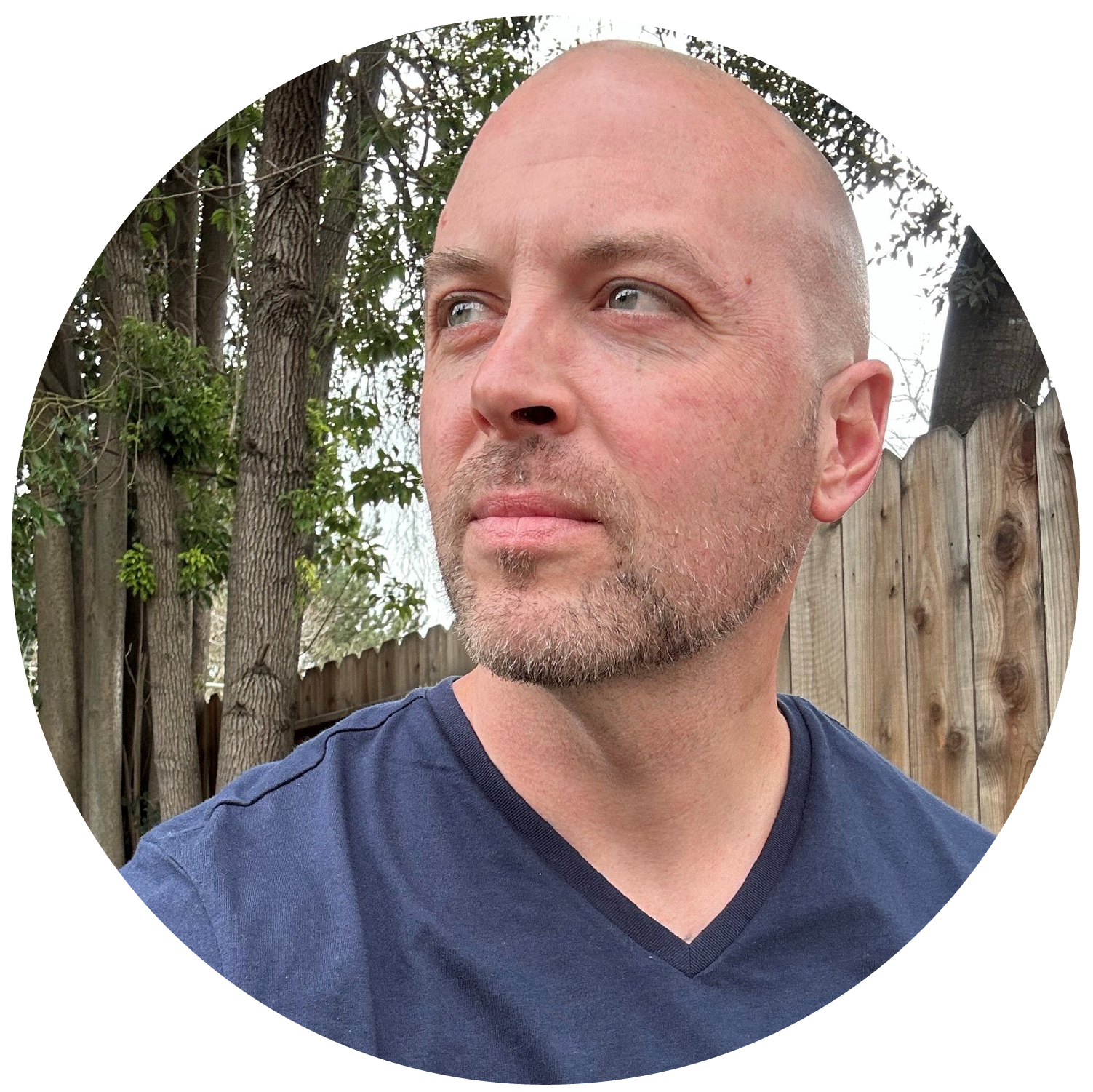
Luke Scarmazzo
Luke Scarmazzo cofounded one of the nation’s first licensed medical cannabis dispensaries in California in late 2004. He successfully operated his business until September 2006 when he was arrested by federal authorities. Although his business was completely legal in California he was charged with violating federal drug laws and later sentenced to 22 years in prison. He served nearly 15 years before finally being granted an early release by a federal judge on February 3, 2023, impart due to the changes in the legal landscape surrounding cannabis laws. He now works closely with criminal and social justice organizations to advocate for those who are still incarcerated for cannabis offenses and reform federal drug laws.
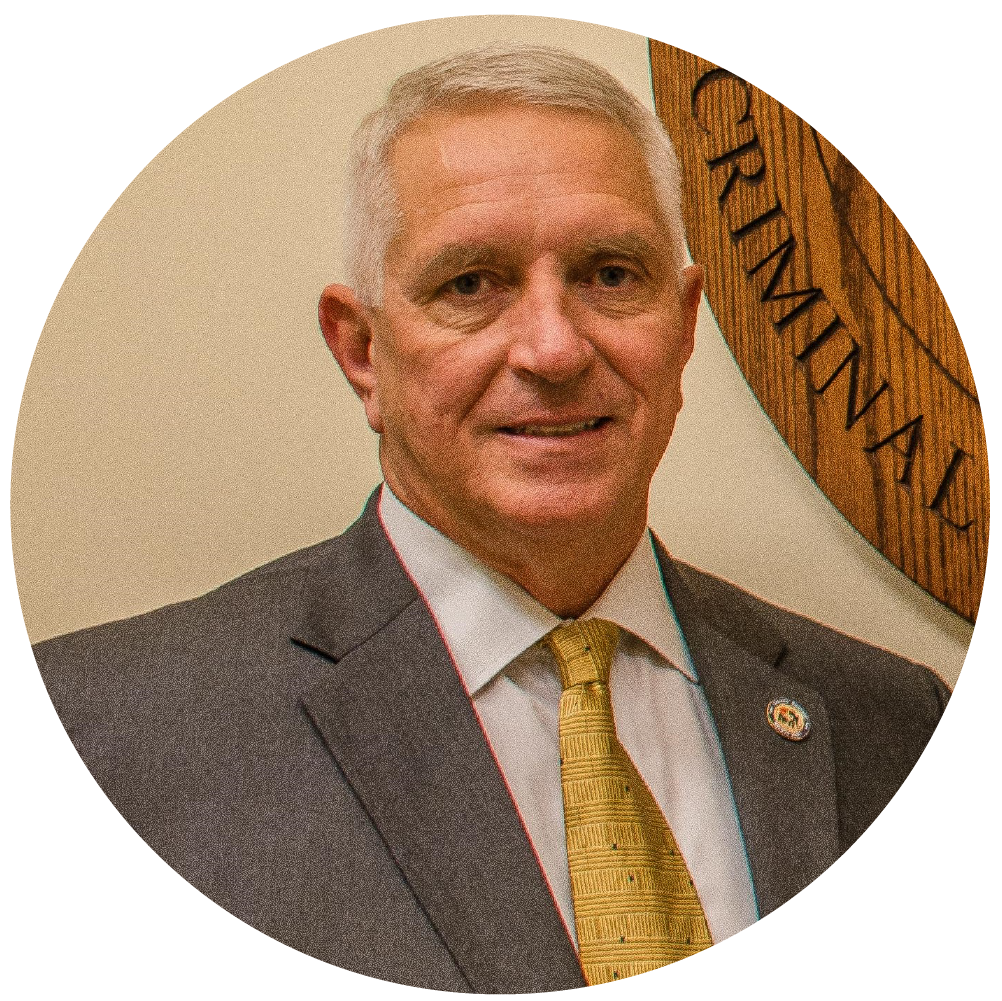
Will Thompson
Elected District Attorney in Navarro County, Texas
Will Thompson is the elected District Attorney in Navarro County, Texas. He served as an Assistant District Attorney for 12 years and a year in private practice doing primarily criminal defense before his election in 2020. After taking office Thompson started a drug court program which is has proven highly successful. Thompson has prosecuted thousands of drug cases ranging from less than one ounce of marihuana to several kilograms of methamphetamine. He leads a staff of a dozen lawyers who advise the county government on civil matters and prosecute all criminal offenses in the county from speeding to capital murder.

Amy Ullrick
Program Specialist, Prosecutors and Politics Project
Amy Ullrick is the program specialist at the Prosecutors and Politics Project at the University of North Carolina School of Law where she focuses on empirical legal studies and content analyses. Amy previously worked as a public defender in the Republic of Palau, a family law attorney, and a special education teacher. She lives in Chapel Hill where she is actively involved in several community boards. Amy grew up outside of Chicago and earned her undergraduate degree from University of Illinois and her J.D. from The Ohio State University.

Alex S. Vitale
Professor of Sociology and Coordinator of the Policing and Social Justice Project at Brooklyn College and the CUNY Graduate Center, and Visiting Professor at London Southbank University
Alex S. Vitale is Professor of Sociology and Coordinator of the Policing and Social Justice Project at Brooklyn College and the CUNY Graduate Center, and a Visiting Professor at London Southbank University. He has spent the last 30 years writing about policing and consults both police departments and human rights organizations internationally. Prof. Vitale is the author of City of Disorder: How the Quality of Life Campaign Transformed New York Politics and The End of Policing. His academic writings on policing have appeared in Policing and Society, Police Practice and Research, Mobilization, and Contemporary Sociology. He is also a frequent essayist, whose writings have been published in The NY Times, Washington Post, The Guardian, The Nation, Vice News, Fortune, and USA Today. He has also appeared on CNN, MSNBC, CNBC, NPR, PBS, Democracy Now, and The Daily Show with Trevor Noah.
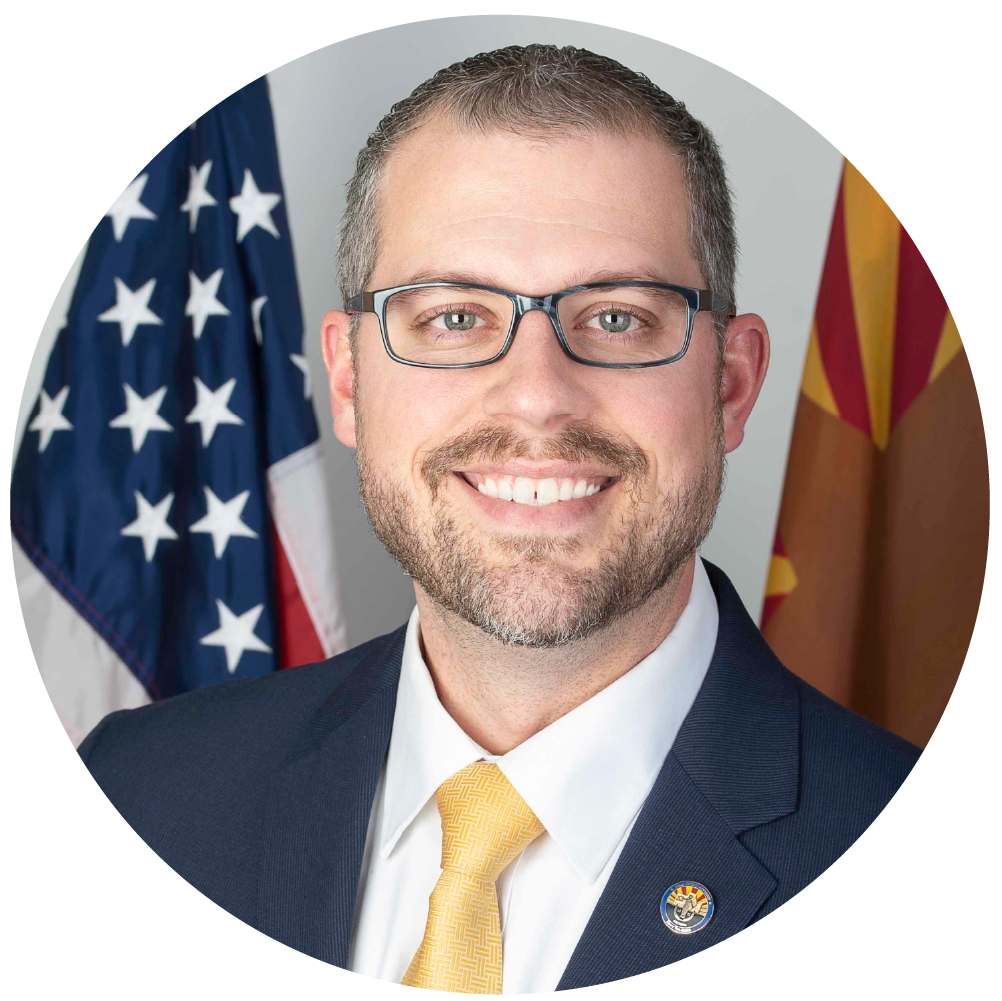
Kent Volkmer
Pinal County Attorney
Pinal County Attorney, Mr. Kent Volkmer, strives to treat people with fairness, dignity, and respect. He was sworn in at a public ceremony on January 3, 2017. Upon stepping into his role as county attorney, Mr. Volkmer’s goal has been to create a system of individualized justice. Mr. Volkmer wants county prosecutors to look at each case on its individual merits and seek a penalty that fits each individual crime.
On the other end of the spectrum, he does not believe every person who commits a crime needs to go to jail. Mr. Volkmer encourages the use of diversion, specialty courts, adult probation, and prison to hold offenders accountable while giving offenders the skills necessary to successfully reintegrate into society.
Mr. Volkmer believes in the concept of proportionality in the criminal justice system. What that means is the sentence imposed needs to fit the crime. Mr. Volkmer wants his staff to look at the impact a crime has on the victims and the community, as a whole.
Additionally, Mr. Volkmer wants the office to focus on fiscal responsibility. One accomplishment Mr. Volkmer is most proud of is working with the county to start a new department to provide medical examinations to victims of domestic violence and sexual assault. Before this program, victims were required to leave the county to receive these vital services. Now PCAO can provide better, more timely treatment to victims locally while saving taxpayer money.
Mr. Volkmer attended the University of Akron, obtaining both a law degree, with a certificate in Litigation, and his M.B.A. During his years in the private sector, operating his own law firm, Mr. Volkmer served local community members in a variety of matters including Juvenile Law, both Delinquency and Dependency, Family Law, Guardianships and Conservatorships, Probate, Wills, Estate Planning and Criminal Law.
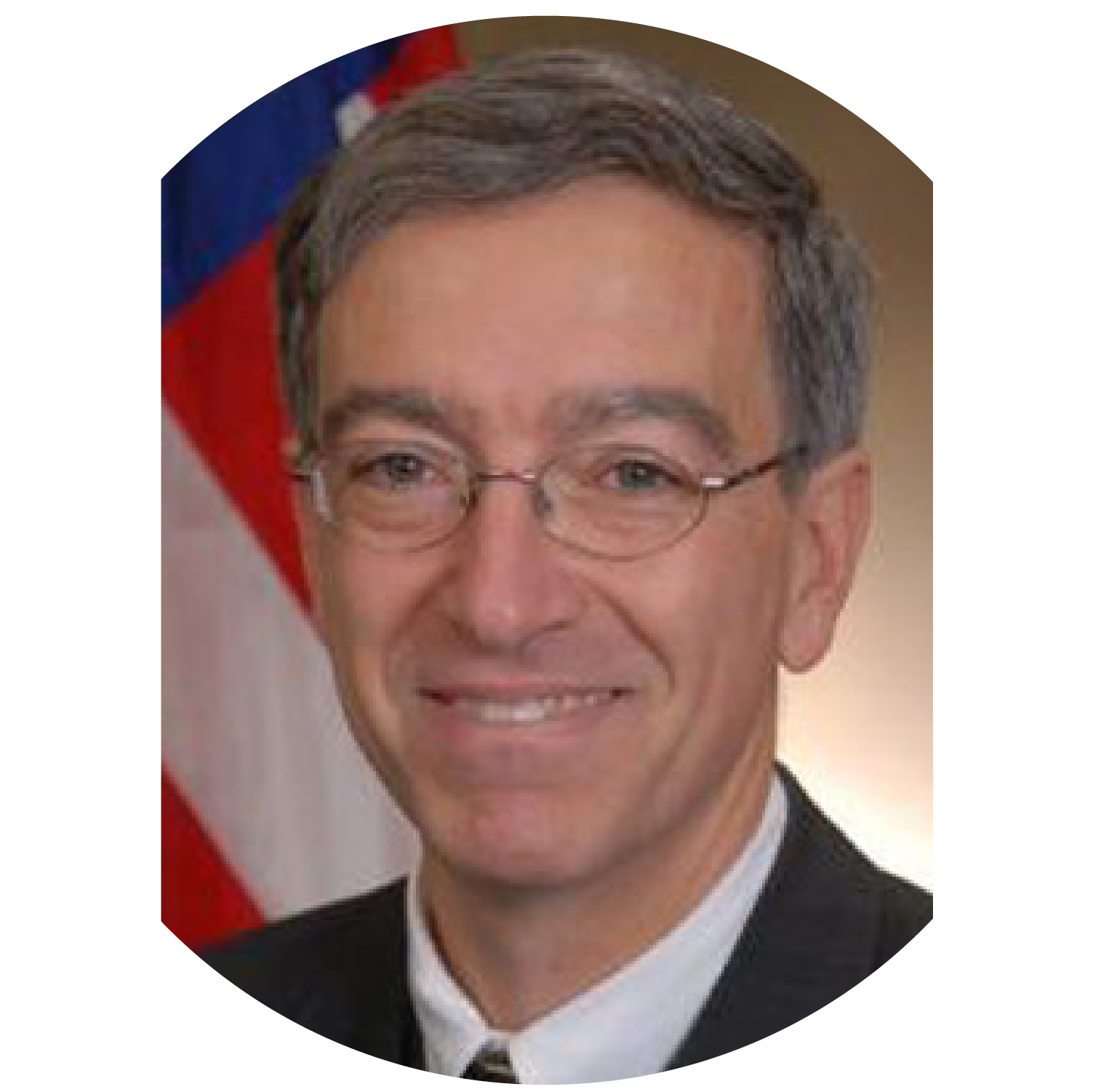
Jonathan Wroblewski
Director of the Harvard Law School Semester in Washington Program and the Director of the Office of Policy and Legislation in the Criminal Division of the U.S. Department of Justice
Jonathan Wroblewski has been the Director of the Harvard Law School Semester in Washington Program since 2010. He is also the Director of the Office of Policy and Legislation in the Criminal Division of the U.S. Department of Justice. In that capacity, he leads a team of policy analysts and attorneys in developing, reviewing, and evaluating national crime, sentencing, and corrections policy and legislation. Jonathan represents the Department of Justice on the United States Sentencing Commission, the Federal Judicial Conference’s Advisory Committee on the Criminal Rules, and the American Bar Association’s Criminal Justice Council.
Jonathan began his federal career in 1988 as a prosecutor with the Department’s Civil Rights Division, where he prosecuted criminal civil rights cases, including law enforcement misconduct, involuntary servitude and hate crimes. In 1994, Jonathan joined the United States Sentencing Commission, serving as Deputy General Counsel and then Director of Legislative Affairs. In 1998, he rejoined the Department of Justice in the Criminal Division’s Office of Policy and Legislation. Prior to his federal service, Jonathan served as an assistant public defender in the Alameda County Public Defender’s office, where he represented indigent criminal defendants at all stages of litigation. Jonathan’s prior academic work includes being a Visiting Scholar at the Institute of Criminology at the University of Cambridge in 2005 as part of the Atlantic Fellowship in Public Policy program and serving as an adjunct professor at the George Washington University’s National Law Center and George Mason University School of Law. Jonathan graduated from Duke University in 1983 and from Stanford Law School in 1986.
Visiting Phoenix
In the heart of downtown Phoenix, our state-of-the-art Beus Center for Law and Society serves as the home for ASU Law. As the fifth-largest city in the nation, Phoenix has something for everyone. Beautiful weather and a bustling metropolis provide Sun Devils with plenty of career opportunities, places to eat and hangout, and nearly endless outdoor activities. Click below to find fun activities to take part of in Phoenix, Arizona.
Booking a hotel
You can book your hotel room directly through this link and receive an ASU discount.
For planning purposes, please note that the law school is located downtown (111 E. Taylor Street, Phoenix, AZ 85004).
